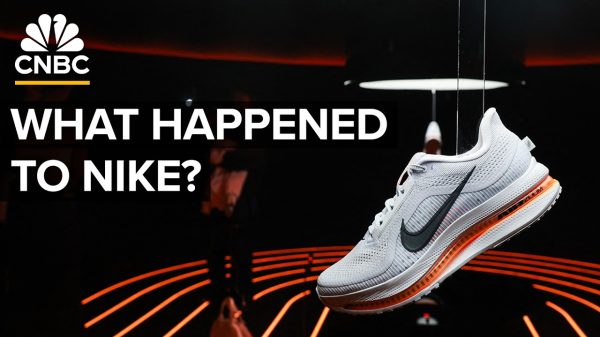Microsoft
stock reached a new all-time closing high—but there could be some hiccups ahead in the short term.
At first glance, the shares look unstoppable. Microsoft (ticker: MSFT) stock gained 1.1% Tuesday, to $360.53. That’s a new record closing high, surpassing the previous high of $359.49 reached on July 18. What’s more, Microsoft gained for eight consecutive days, its longest winning streak since Jan. 28, 2021.
The stock has been helped by the company’s strong earnings and sales, which got a boost from the Azure cloud business. Microsoft stock rose 3.1% on the trading day following the report.
But it’s not just earnings. Microsoft was already outperforming its peers following tech weakness in August and September. Its stock has gained 15% since the end of September, outpacing
Amazon.com
(AMZN), which has risen 12%,
Meta Platforms
(META), which has risen 6.5%,
Nvidia
(NVDA) and
Apple
(AAPL), which is up 6%,
Alphabet
(GOOGL) which has ticked up 0.3%, and
Tesla
(TSLA), which has dropped 13%.
So why are we worried? It comes down to Microsoft’s 14-day relative strength index. The RSI, as it is commonly referred to, is a measure of a stock or index’s momentum or lack thereof. The closer it gets to 20 on the downside, the more oversold it is, while a score close to 80 signals a stock that is very overbought. Usually, a reading below 30 suggests a stock could be ready to bounce, while a score above 60 suggests a possible pullback. Microsoft’s RSI is currently 72.75, a sign that it is getting very overbought and that a pullback could be on its way.
That doesn’t mean Microsoft isn’t worth buying for its long-term potential. The company has a lot to recommend it, including a cloud business that should get a boost as ChatGPT, which held its developer conference yesterday, looks to expand. It just means that investors might get a better opportunity to pick up shares in the days ahead.
No matter what happens, though, it’s still Microsoft.
Write to Ben Levisohn at [email protected]
Read the full article here













